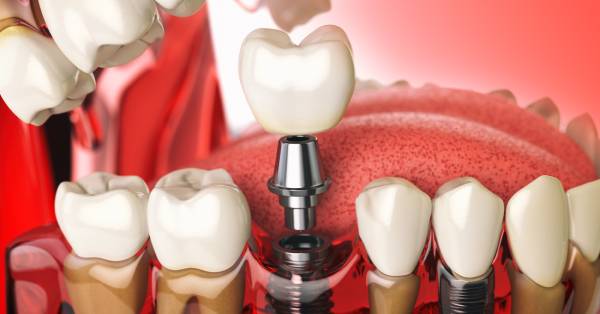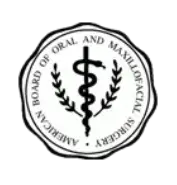5 Nutrition Tips Post-Dental Implants in Washington
Getting dental implants is a transformative step toward restoring your smile and confidence. While the procedure itself is highly advanced, your post-surgery care plays a crucial role in ensuring long-lasting results. One of the most important aspects of healing and maintaining your implants is proper nutrition. What you eat can significantly impact your recovery, helping you heal faster and keep your implants in excellent condition.
In our previous blog, we discussed the five signs that indicate it may be time to consider dental implants. In this blog, we will address the diet that must be maintained after the implant procedure.
5 Dietary Guidelines After Dental Implants in Washington
Here are five essential nutrition tips to follow after your dental implant surgery:
1. Prioritize Soft, Nutrient-Rich Foods
Your mouth will be sensitive right after your implant surgery, and chewing hard foods can cause discomfort. Instead, stick to soft foods that are rich in vitamins and minerals. Opt for mashed potatoes, smoothies, yogurt, oatmeal, and scrambled eggs. These foods provide essential nutrients without putting pressure on your implants. Additionally, incorporating foods rich in vitamin C, such as oranges, strawberries, and bell peppers, can boost collagen production, which helps in gum tissue healing.
2. Stay Hydrated with Water and Nutrient-Rich Liquids
Hydration is crucial for overall health and healing. Drinking plenty of water helps flush out toxins and prevents dry mouth, which can harm your implants. Additionally, nutrient-dense liquids like bone broth, herbal teas, and fresh fruit juices (without added sugar) provide vitamins that support tissue healing. Avoid acidic or carbonated beverages, as they can irritate the surgical site. If you find plain water boring, try infusing it with cucumber, lemon, or mint for added flavor and hydration benefits.
3. Incorporate Protein for Tissue Repair
Protein is vital for tissue regeneration and healing after oral surgery. If you've recently received dental implants in Washington, consuming the right protein-rich foods can significantly enhance your recovery. Foods like scrambled eggs, cottage cheese, lentils, and lean poultry are excellent protein sources. Protein helps rebuild the gum tissue around your implants, promoting faster healing. Collagen-rich foods such as bone broth and fish also support the healing of gum tissues and strengthen the jawbone.
4. Avoid Sugary and Processed Foods
Sugary and highly processed foods can increase the risk of infections and slow down your healing process. Bacteria thrive on sugar, which can lead to complications like gum inflammation or infection around your implants. Instead, focus on whole foods like fresh vegetables, whole grains, and lean proteins to support a strong and healthy oral environment. Opting for natural, unprocessed foods not only helps in faster recovery but also improves your overall well-being.
5. Get Enough Omega-3 Fatty Acids for Reduced Inflammation
Omega-3 fatty acids have powerful anti-inflammatory properties that can help reduce swelling and discomfort after implant surgery. Foods rich in omega-3s include salmon, flaxseeds, walnuts, and chia seeds. Adding these to your diet can aid in faster healing and promote long-term gum health, ensuring the success of your implants. Additionally, foods rich in vitamin E further aid in reducing inflammation and supporting gum health.
Conclusion:
Following these nutrition tips can make a significant difference in your recovery and the longevity of your implants. A well-balanced diet with soft, protein-rich, and anti-inflammatory foods will aid in healing and keep your gums and jawbone strong. Additionally, if you have concerns about discomfort during or after your implant procedure, sedation dentistry in Washington offers a stress-free experience for patients undergoing dental surgery.
By taking the right nutritional steps and maintaining a healthy diet, you can enjoy a confident smile and ensure your dental implants stay in top condition for years to come! If you have any questions about post-surgery care, be sure to consult with your oral surgeon to get personalized recommendations for your recovery journey. Call now at (202) 618-7007!






4.9 Stars
based on 134 reviews
5 Stars
based on 11 reviews
5 Stars
based on 11 ratings